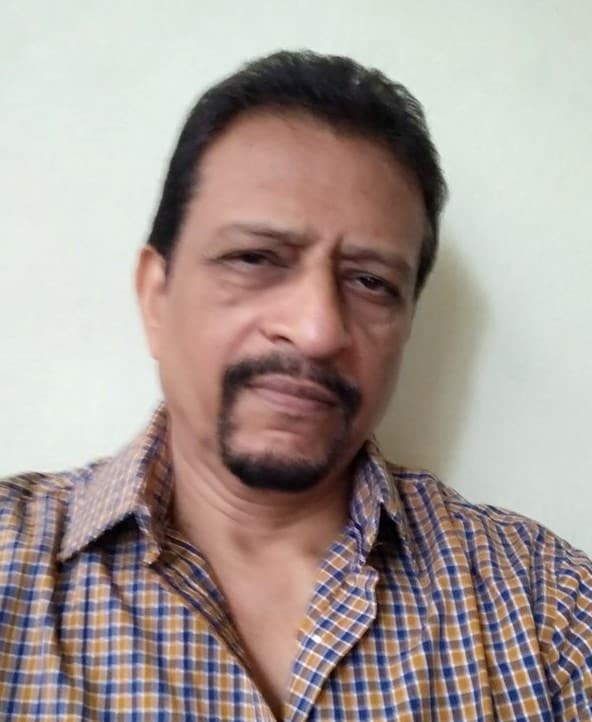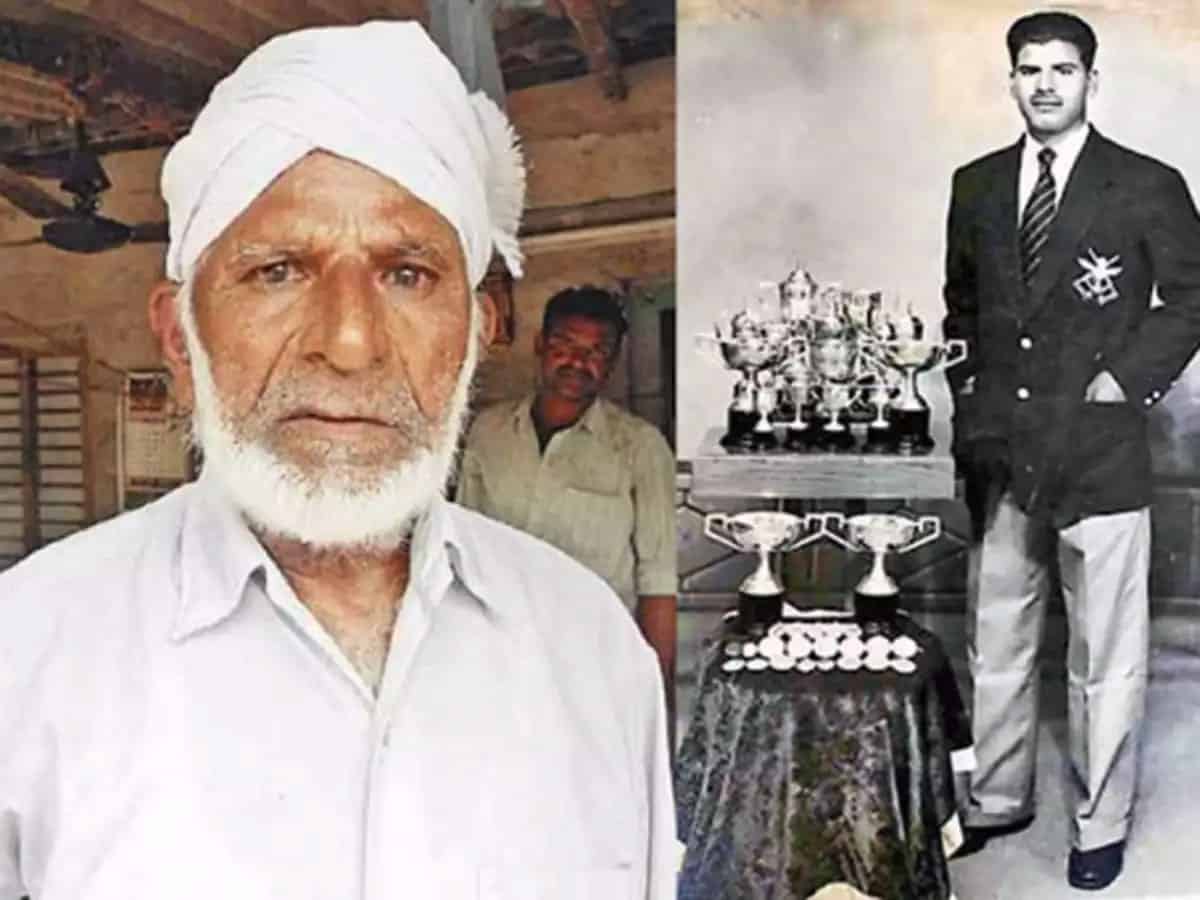
The Olympic Games are considered the greatest sports show on earth but India’s performance at the Olympics has been shockingly poor. For a country which has the world’s second highest population, India’s medal haul has been abysmally low. Much smaller nations have done far better than us.
The reason is that nepotism, corruption and apathy have ruined Indian sport. The history of sports abounds with stories of neglect that have crippled many careers.
One such story is that of an immensely talented swimmer, Shamsher Khan. He was born to a poor farmer’s family in Kaithepalle village in Guntur district of Andhra Pradesh but his talent enabled him to qualify for the Olympic Games in 1956 at Melbourne and represent India there. He thus became the first swimmer from India to qualify for any Olympic Games.
Two years before that, he had broken the national record in the 200 metre butterfly stroke. Then at the national championship in 1955, he served further notice of his prowess when he shattered several more national records. It was due to these feats that he was selected to represent India at the 1956 Olympics.
But it was not all smooth going. For one thing, Khan had little coaching and no previous exposure against top class international competition. As a result, he had no knowledge of the latest techniques and training methods involved in the sport. When he went to the Olympics, it was for the first time that he was pitched into battle against the world’s best swimmers from Australia, Europe and USA.
But, moved by a feeling of patriotism and sheer enthusiasm, he fought hard in the second heats to come sixth in his favourite race, the 200 metre butterfly stroke. His timing of 3 minutes 6.3 seconds was not good enough to take him to the next round but he had proved himself as India’s best. It remained the best performance by an Indian swimmer for many years to come.
But the story of his life is one of constant struggle not only against rivals in the swimming pool but also against official indifference. He had joined the Indian army in 1946 but when he was to represent India, the government said that it would provide only the airfare to Melbourne.
For his food and daily expenses such as travel from his lodgings to the training centres and competition venue in Melbourne, he would have to pay from his own pocket. His salary was a meagre Rs. 56 per month so he had to take a loan of Rs. 300 for his personal expenses in Australia. “After I returned, I managed to save whatever I could and repaid the loan from my small salary,” he said in an interview later.
Khan served the Indian army with dedication for 24 years. He was in the thick of the action in two wars, namely the war against China in 1962 and the Bangladesh war in 1971. After 24 years of dedicated service, he retired from the army as a Subedar. One of his two sons also served in the army.
After retirement, he went back to his native village where he lived almost in poverty till his death in 2017. According to his family members, from his young days he used to dream of serving his nation through his sport. With a little advice and guidance he could have worked wonders. But no one gave him any counsel.
His daughter-in-law Rizwana told a journalist: “My father-in-law was a fighter. He lived like a fighter and died like a fighter. His house was ruined by a cyclone in 1990 but he never begged for help. Whatever he did in his career, he did with his own strength and knowledge. Neither the government nor any individual gave him any encouragement. But we are all proud of his achievements,” she said.
Abhijit Sen Gupta is a seasoned journalist who writes on Sports and various other subjects.

